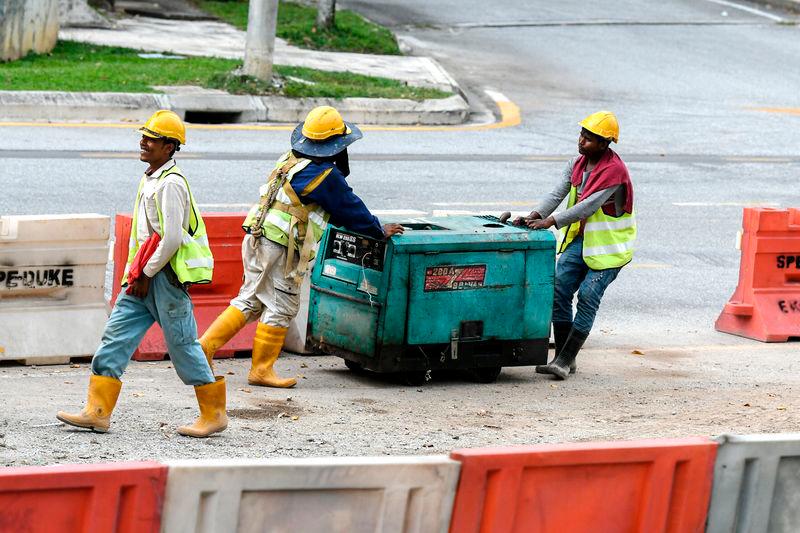PETALING JAYA: Malaysia’s recent upgrade to Tier 2 in the 2024 Trafficking in Persons (TIP) Report by the United States Department of State should be hailed as progress rather than a victory.
Tenaganita’s executive director, Glorene Das stated that while some view the upgrade as significant, it is not a cause for celebration as the report states Malaysia “does not fully meet the minimum standards for the elimination of trafficking,“ showing ongoing challenges in the country’s efforts to combat human trafficking.
“Malaysia must develop its own strong strategies and rely on its own resources, moral compass, and expertise through lived experiences to drive meaningful change, rather than solely depending on external evaluations,“ she said in a statement.
Das pointed out that despite the increase in trafficking investigations and convictions, which included 157 trafficking convictions, 19 cases of passport withholding, and three convictions of employment agencies, concerns about their impact persist.
“Despite identifying more potential victims, the government recognised fewer confirmed victims and prosecuted fewer traffickers, notably overlooking critical sectors like palm oil and disposable glove manufacturing known for labour exploitation,“ she said.
READ MORE: Malaysia upgraded to Tier 2 in US TIP Report 2024
The report also reveals systemic issues of official complicity and corruption, allowing traffickers to operate freely and increasing the vulnerability of migrant workers.
“Compounding the problem, officials frequently misinterpret trafficking, confusing it with migrant smuggling, which leads to inadequate victim protections.
“Additionally, the government’s inconsistent approach to restitution further hampers efforts, with only 10 cases involving labour trafficking victims seeing restitution requests, and none for sex trafficking victims.
“Labour trafficking victims often face challenges in seeking compensation through civil suits,“ she added.
Das also criticised the use of the Security Offences (Special Measures) Act 2012 (SOSMA) against alleged traffickers, citing concerns about fairness and human rights.
“SOSMA precludes an open, fair trial and is used against alleged traffickers, raising concerns about justice and human rights,“ she said.
Highlighting the exclusion of domestic workers from critical protections under the Employment Act 1955, it leaves them vulnerable to exploitation.
Das pointed to the plight of at least 250,000 migrant workers who entered Malaysia legally but are now jobless and living in poor conditions due to employers’ failure to obtain work permits. “These migrants become undocumented after one month and face detention during mass immigration crackdowns, which raises concerns that many detainees in immigration camps are trafficking victims,“ she added.
The Tenaganita chief called for enhanced training for officials to accurately identify trafficking victims and differentiate between human trafficking and migrant smuggling.
She also stressed the need for new legislation to protect domestic workers and improved victim compensation processes, referring to the government’s negotiation of new agreements on migrant worker recruitment.
“Increasing transparency by making bilateral MOUs public would allow for scrutiny and accountability,“ she said.
While acknowledging positive signs in increased investigations and convictions, Das said the government should focus more on prosecuting main traffickers rather than low-level transporters.
She also called for strengthening the quota system and regulating recruitment practices to prevent exploitation.
“The process of granting work permits to trafficking victims needs to be expedited to offer them timely protection,“ she added.
ALSO READ: MCBA crucial for elevating Malaysia to Tier 1 in TIP report - Saifuddin Nasution









